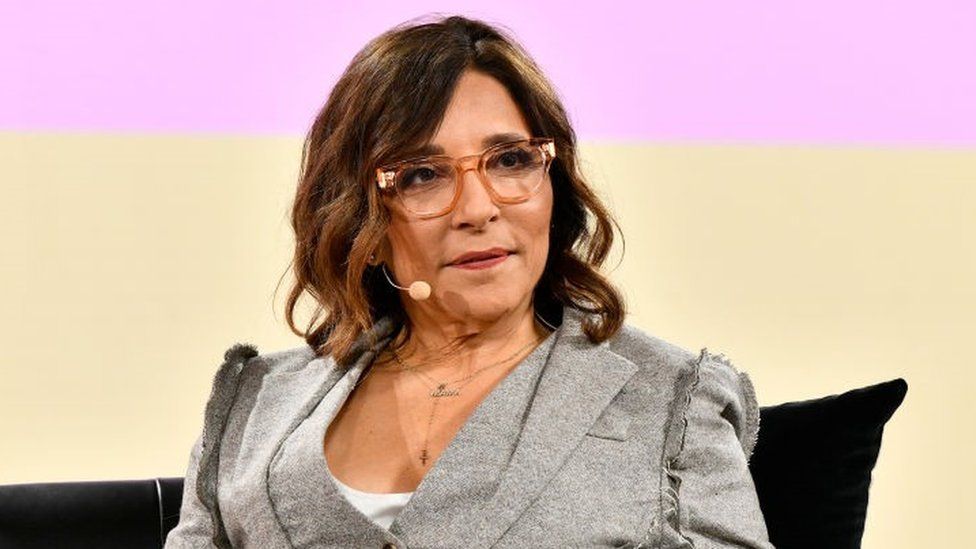TikTok latest firm after X and Meta to be warned by EU over Hamas videos

X, formerly Twitter, has told the EU it has removed or flagged “tens of thousands of pieces of content” since Hamas attacked Israel.
Chief executive Linda Yaccarino said it had removed hundreds of accounts.
The EU had given X a 24-hour deadline to explain how it was complying with European law.
It acted after it said there had been a surge in misinformation on social media about the conflict, such as doctored images and mislabelled videos.
The EU previously said it had “indications” that X being used to “disseminate illegal content and disinformation” in Europe.
Facebook and Instagram-owner Meta has also been handed a similar warning about disinformation – and 24-hour deadline – by the EU.
The EU declined to comment on whether it had received a response from Meta, but a European Commission spokesperson said “contacts are ongoing” with the company’s compliance teams.
The BBC has approached Meta for comment.
X chief executive, Ms Yaccarino, said the company had “redistributed resources and refocused internal teams” to deal with the content.
“X is committed to transparency, safety and the successful implementation of the Digital Services Act and will continue to take all appropriate steps to that end,” she said.
In a letter to the bloc, she said X had responded to more than 80 requests in the EU to remove content, as well as adding notes to certain posts, which add context to them.
“More than 700 unique notes related to the attacks and unfolding events are showing on X,” she wrote.
“These notes display on an additional 5,000+ posts that contain matching images or videos. This number grows automatically if the relevant images and videos are re-used in new posts.”
Meanwhile, in response to the “illegal content” claim from the EU, Ms Yacarrino said X “had not received any notices from Europol”.
EU commissioner Thierry Breton has demanded that X and Meta prove how they have taken “timely, diligent and objective action”.
The EU introduced new laws in August 2023 which regulate the kind of content that is allowed online.
The Digital Services Act requires so-called “very large online platforms” to proactively remove “illegal content”, and show they have taken measures to do so if requested.
The EU told the BBC it was not currently in a position to comment on what would come next in these specific cases, but explained what was hypothetically possible under the law.
The DSA allows the EU to conduct interviews and inspections and, if it is unsatisfied, proceed to a formal investigation.
If it decides that a platform has not complied or is not addressing the problems it has identified, and risks harming users, the commission can take more drastic steps.
This can include a heavy fine, and as a last resort it can even request judges ban the platform from the EU temporarily.
Related Topics
-
-
21 hours ago

-

